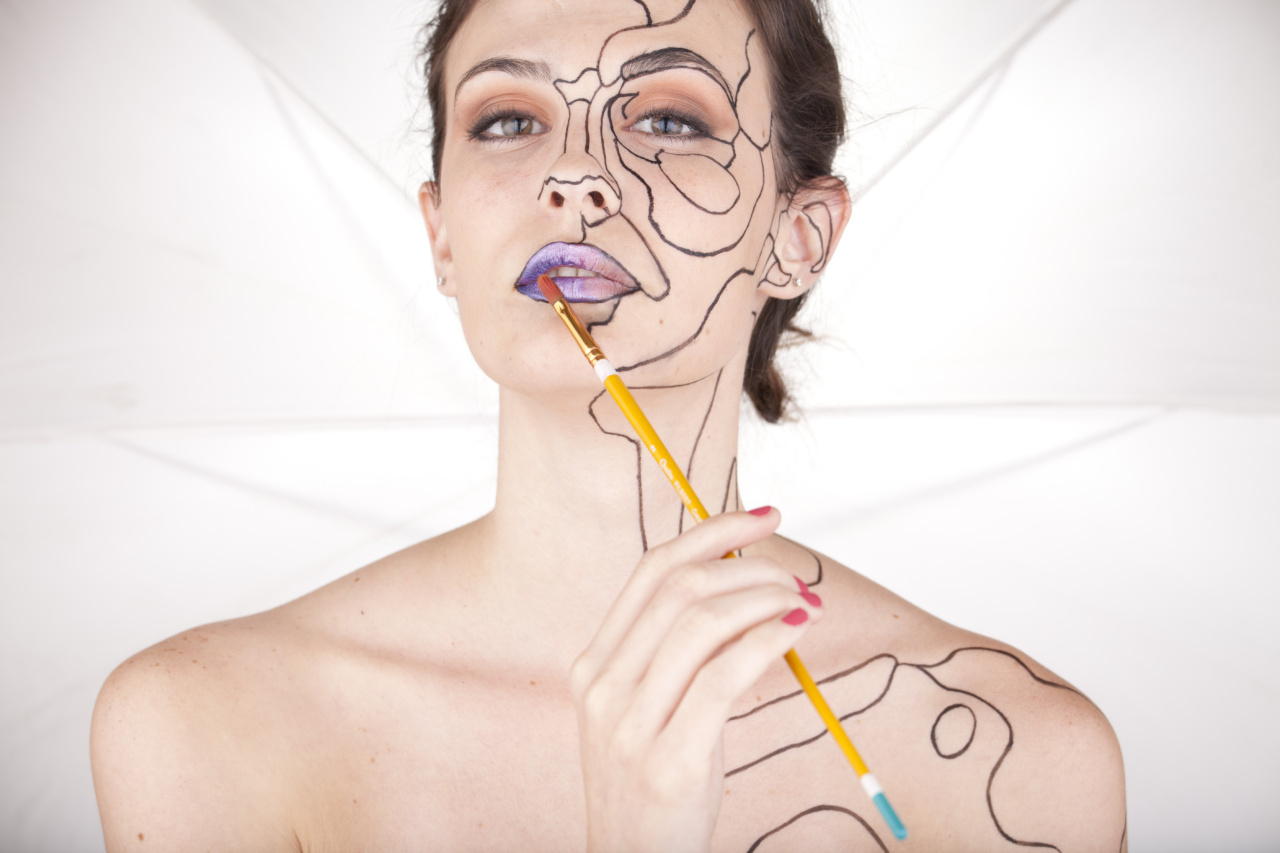Alcohol consumption has become a pervasive part of modern society, with many people indulging in alcoholic beverages regularly. However, while the immediate effects of alcohol on the body may be well-known, its impact on the skin is often overlooked.
This article explores the various ways in which alcohol wrecks your skin and highlights the importance of moderation in alcohol consumption.
1. Dehydration
One of the most significant effects of alcohol on the skin is its dehydrating nature. Alcohol acts as a diuretic, which means that it increases urine production and leads to increased fluid loss from the body.
This can leave your skin feeling parched and dry, often resulting in a dull and lackluster complexion.
2. Skin Aging
Regular alcohol consumption can accelerate the aging process of your skin. Alcohol depletes the body’s natural antioxidant reserves, making it more susceptible to damage from external factors such as sun exposure and pollution.
Over time, this can lead to the formation of fine lines, wrinkles, and premature aging of the skin.
3. Inflammation
Alcohol is known to trigger inflammation within the body, and the skin is no exception. Inflammation can manifest in various skin conditions such as acne, rosacea, and eczema.
These conditions can be exacerbated by alcohol consumption, leading to increased redness, irritation, and even flare-ups of existing skin problems.
4. Disrupted Sleep
While alcohol may initially make you feel drowsy and aid in falling asleep, it can disrupt your sleep patterns later in the night. Poor-quality sleep can adversely affect your skin by depriving it of the time it needs to repair and regenerate.
This can result in a tired and lackluster complexion, as well as an increased likelihood of developing skin problems.
5. Unhealthy Liver
The liver plays a crucial role in detoxifying the body and maintaining overall skin health. Excessive alcohol consumption puts significant strain on the liver, impairing its ability to function optimally.
When the liver is not functioning properly, toxins can build up in the body, leading to various skin issues such as acne, yellowing of the skin, and a dull complexion.
6. Blood Vessel Dilatation
Alcohol consumption can cause the blood vessels near the skin’s surface to dilate, resulting in flushing and redness.
Prolonged and excessive alcohol intake can lead to the permanent dilation of these blood vessels, causing a condition known as telangiectasia or “spider veins.” These visible veins can give the skin a blotchy and uneven appearance.
7. Poor Nutrient Absorption
Alcohol interferes with the body’s ability to absorb essential nutrients, including those that are beneficial for skin health.
Important vitamins and minerals, such as vitamin A, vitamin C, and zinc, are essential for maintaining a healthy complexion. Alcohol-induced nutrient deficiencies can contribute to various skin problems and impair the skin’s ability to heal and regenerate.
8. Increased Skin Sensitivity
Alcohol can make your skin more sensitive and prone to irritation. This heightened sensitivity can result in increased redness, itchiness, and even allergic reactions to skincare products or environmental triggers.
If you already have sensitive skin, alcohol consumption can exacerbate these issues and make it more challenging to maintain a balanced and healthy complexion.
9. Skin Dryness and Exfoliation
Regular alcohol consumption can disrupt the natural oil production of the skin, leading to increased dryness.
When the skin lacks proper moisture, it can become flaky and rough, and it may also experience more frequent episodes of peeling and exfoliation. These dry patches can make it harder to apply makeup smoothly and can accentuate the appearance of fine lines and wrinkles.
10. Impaired Wound Healing
Alcohol has been shown to impair the body’s natural wound healing process. When the skin sustains an injury or undergoes a surgical procedure, the healing time can be significantly prolonged in individuals who consume alcohol excessively.
This delayed wound healing can lead to increased scarring and a higher risk of post-inflammatory pigmentation.
Conclusion
While occasional and moderate alcohol consumption may not have a drastic impact on your skin, excessive and frequent intake can wreak havoc on its health and appearance.
Dehydration, skin aging, inflammation, disrupted sleep, an unhealthy liver, blood vessel dilatation, poor nutrient absorption, increased skin sensitivity, dryness and exfoliation, and impaired wound healing are just some of the ways in which alcohol can damage your skin.
It is crucial to practice moderation and be mindful of the potential consequences of excessive alcohol consumption.
Taking care of your skin involves nourishing it from the inside out, and minimizing alcohol intake is an essential step in achieving and maintaining healthy, glowing skin.






























